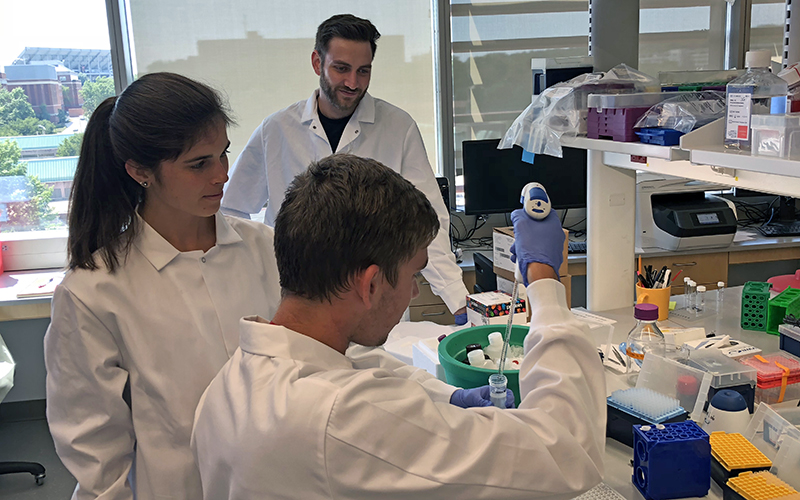Research
In the past four years, our department's research expenditures have more than doubled. With nearly $19 million in research expenditures in 2020, the Fischell Department of Bioengineering ranks among the top in annual expenditures among Big Ten bioengineering programs, thanks in large part to our active research relationships with government agencies and industry.
Research OpportunitiesResearch at the Clark School